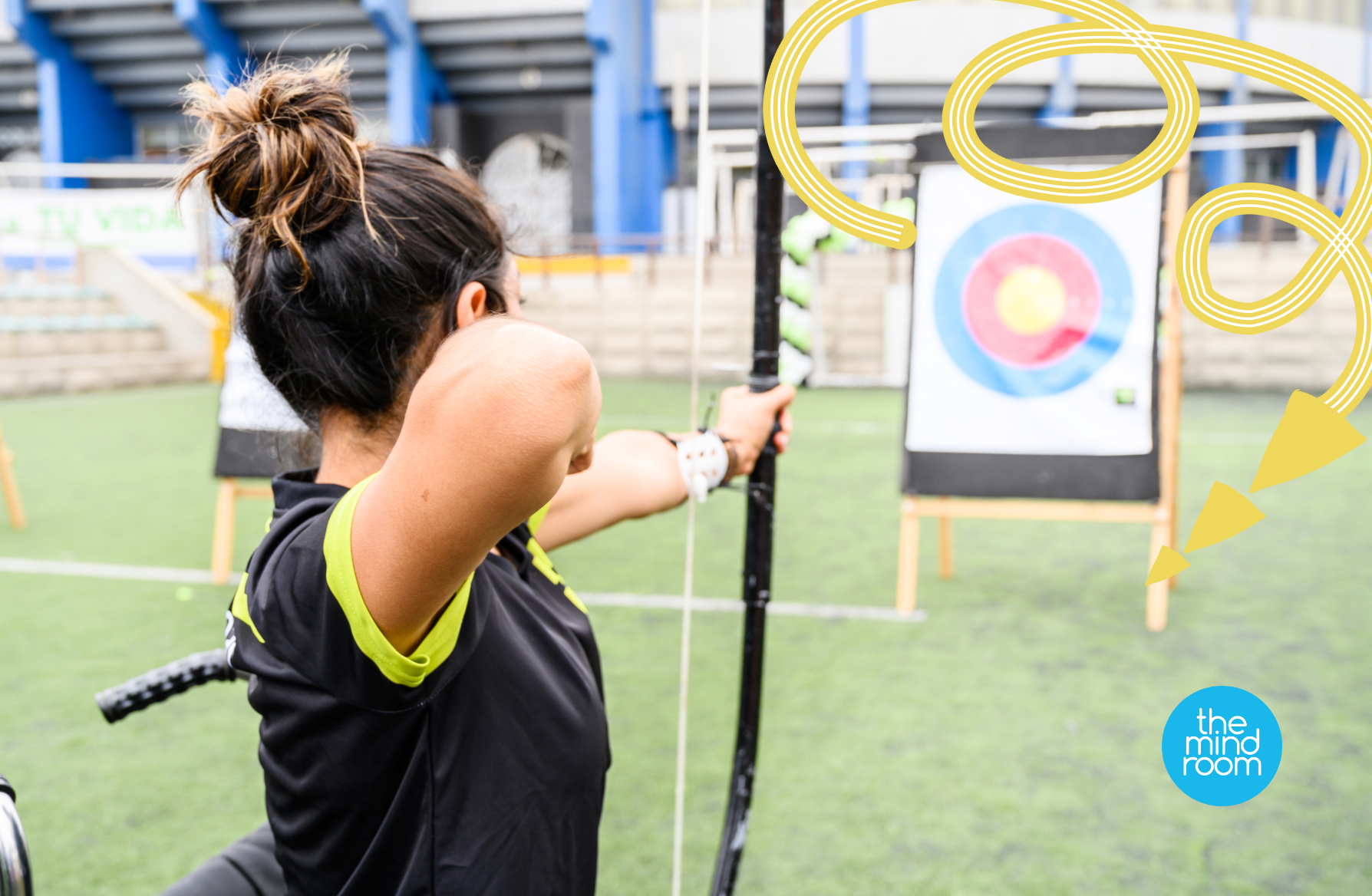Setting Goals, Realising Dreams

Usain Bolt, Sprinter & Olympic medallistDreams are free. Goals have a cost. While you can daydream for free, goals don’t come without a price. Time, Effort, Sacrifice, and Sweat.
You have arrived in Paris, a moment that has been years in the making. While many people dream of reaching the Olympics, few make it. It’s one thing to have big dreams, but realising them is the real challenge.
Have you ever had a dream, but you weren’t sure how to make it happen? An essential skill to guide this process is goal setting, and more importantly, goal getting. Athletes, like all successful performers, know how to set goals, but can fall into the ‘set and forget’ trap, not having a clear step-by-step plan or making time to review their goals. This lack of structure can impact engagement and effort.
Natalie Coughlin, Swimmer, Olympic medallist,Without goals, training has no direction.
Setting goals might sound simple, like making a New Year’s resolution, but how many of us have forgotten that commitment within a month of making it. To be successful, the devil is in the details.
For athletes, that’s where a sport psychologist can support and guide them by working together to create a hierarchy of goals: Dream goals, Outcome goals, Performance goals, and Process goals.
- Dream Goals: These are the big, long-term aspirations, like winning an Olympic gold medal. They inspire us to think big and stay motivated.
- Outcome Goals: These are medium-term goals, such as achieving a specific ranking or result over a season or year. Athletes might have several outcome goals that lead them closer to their dream goal.
- Performance Goals: These focus on improving specific skills and abilities, measuring progress against yourself. They might include improving fitness, mastering a technique, or developing mental toughness.
- Process Goals: These are the daily actions and habits that help you achieve your performance goals. They are reviewed regularly, keeping you focused on what needs to be done day-by-day..
As an athlete preparing for Paris, your process goals might include maintaining a specific diet, sticking to a recovery routine, or engaging in strength training and mental rehearsal. Your performance goals could involve hitting strength targets in the gym or achieving a set number of sleep hours each night. The outcome goals might be your results at national championships, and now, Paris represents your dream goal.
George Foreman, boxing world champion & Olympic medallistYou have to keep your goal in mind and never lose sight of it.
To make goals effective, athletes often use the SMART framework: Specific, Measurable, Action-oriented, Realistic, and Timed. This method ensures that goals are clear and achievable. By adding Evaluation and Review, these SMART goals become SMARTER, allowing athletes to reflect, track progress and stay aligned with their weekly, monthly and annual goal progress.
Venus Williams, Tennis Champion & Olympic medallistSet realistic goals, keep re-evaluating, and be consistent.
An example of the SMARTER goal process is qualifying for Paris by finishing first at the national championships (outcome goal). It has a specific target (nationals), its measurable (first), clear action to it (compete), is realistic (you finished top three at this level previously) and has a set time frame (March 2024). After competing at the Nationals you would then Evaluate and Review (what was the outcome, strengths, weaknesses and next steps).
As swimming Olympic medallist Michael Phelps said,
Michael Phelps, Swimmer & Olympic medallistIt doesn’t matter if you fall short; it is never a failure to go after your goals with everything you’ve got.
Now, as you stand ready to compete in Paris, you can reflect on all the goals that have led you here to the Olympic or Paralympic stage. Each goal has prepared you for this moment, giving you the confidence to perform at your best. Now is your moment to share your hard work and talent with the world and go get your dream goal.




